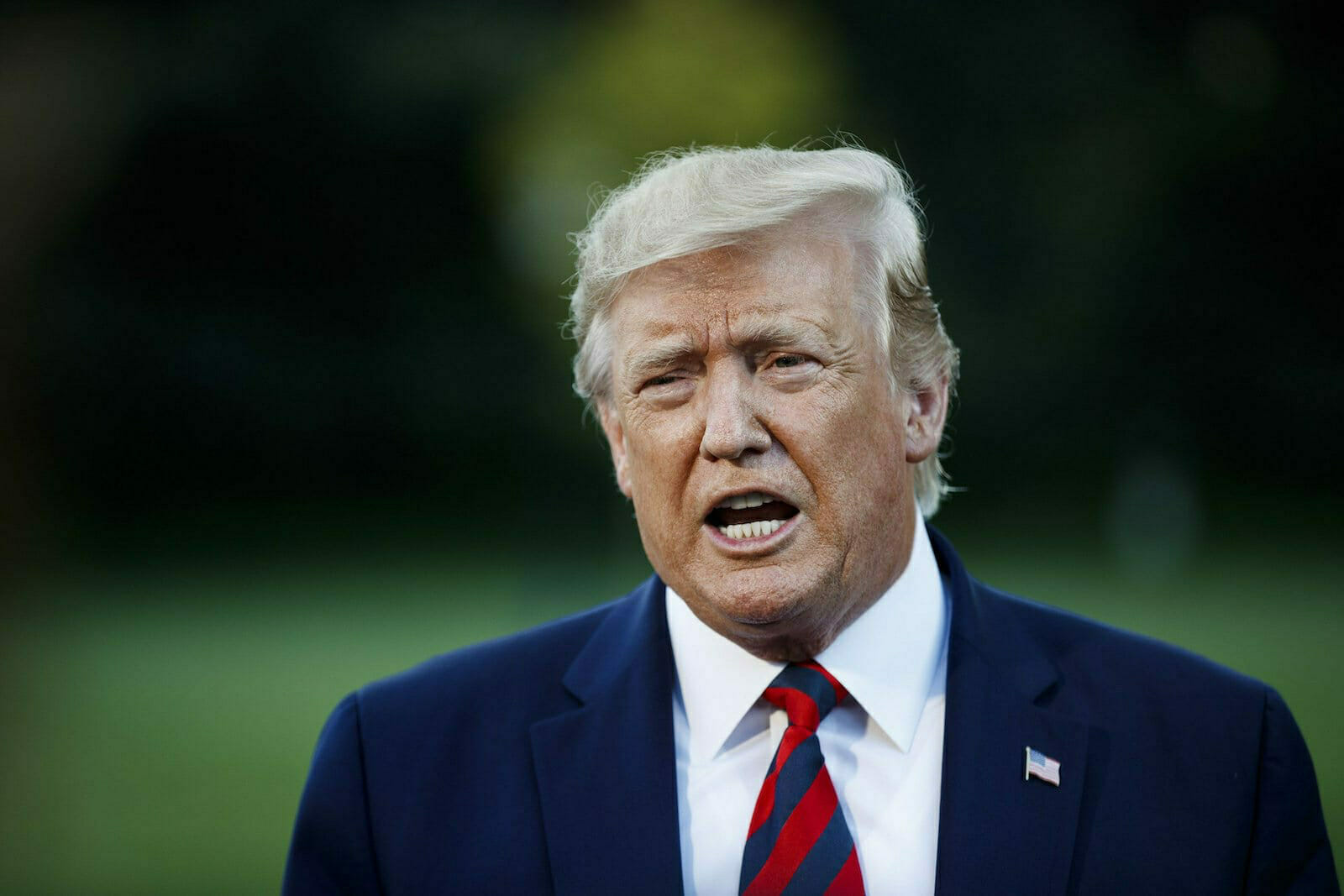
Return to the JCPOA
Trump’s strategy toward Iran is failing. The administration claims its maximum pressure policy against Iran is working, but current actions from Iran tell a different story. Iran has not buckled. In fact, Iran has risked starting a regional war, proving the detrimental effects of the maximum pressure policy.
Iran’s president, Hassan Rouhani, seemed unperturbed at this year’s annual UN General Assembly session in New York. There are pictures of him smiling, even laughing with world leaders (mostly our allies!). Rouhani is sending a signal to the U.S. that its maximum pressure policy is not a setback for Iranians. Furthermore, to add more salt to injury, Rouhani, both publicly and privately, declined Trump’s offer to meet. These are all signs that our maximum pressure campaign is failing. We need to return to the Joint Comprehensive Plan of Action (JCPOA).
Iranians have suffered 40 years of sanctions. They know how to dance around them and survive. Additionally, it’s widely known that sanctions help the Iranian government rather than hurt it, due to the Islamic Republic Guard Corps’ (IRGC) control on the economy. Those hurt most by the sanctions are the poor and working people of Iran. They are the ones paying the high price. Iran’s government will not surrender to Trump’s demands.
Returning to the JCPOA is the first step to persuade Iran to comply with the international community. It will also be a beneficial move for the U.S. domestically and internationally. Recent public opinion polls in the U.S. have shown that the majority of Americans still support the JCPOA. This may be due to the reason that, at least while the JCPOA was in full effect, Iran was conforming with the deal and the region was in order. With our current situation, not only is the region unstable but the threat of another regional war is looming. By re-entering the JCPOA, the U.S. can de-escalate tensions with Iran and decrease the threat of war.
Returning to the JCPOA will have the full support of our allies in Europe. For the past year and a half our European allies, either the ones who were part of P5+1 or the ones who weren’t, have urged us to re-enter the JCPOA. The main reason why Trump’s maximum pressure campaign hasn’t worked is because we don’t have the support of our allies. We have placed them in an awkward position, especially when they all met with Rouhani in New York for the UNGA session. If we return to the JCPOA, with the help of our allies in Europe, we will be able to exert greater control on the conduct of Iran.
Lastly, returning to the JCPOA can be a step forward toward future diplomatic negotiations with Iran. The Trump administration wants to force Iran back into negotiations, but why would Iran negotiate with us again if we tore up our last deal? Of course, the JCPOA had “flaws,” but every deal needs to have a point of compromise in order for all parties involved to agree. Our return to the JCPOA creates a path for future negotiation opportunities with Iran. In ten or fifteen years we can build on the JCPOA and engage with Iran diplomatically in regard to other issues in the region.
President Trump and the officials in his administration claim that maximizing pressure on Iran will eventually bring the Iranians to their knees and beg for a deal with the U.S. Instead, the maximum pressure policy has been countered by maximum resistance from the Islamic Republic. Moreover, our regional allies who supported our exit from the JCPOA are the ones paying the price of that exit. The attack on Saudi Arabia’s oil facility is proof that returning to the JCPOA is crucial for maintaining regional order. By engaging with our allies in the region, and discussing the benefits of the JCPOA and potential future negotiations that can follow it, we can exert more control on Iran’s behavior in the region.
Returning to the JCPOA is the best option we have. Increasing pressure on Iran has proven to be futile and we need a better strategy moving forward. By returning to the JCPOA, taking a step back will result in us moving two steps forward. Our return to the deal will decrease the threat of war and slowly return peace and order back to the region. If we handle our problems with Iran diplomatically, the Middle East and the world will be more peaceful and safe.

